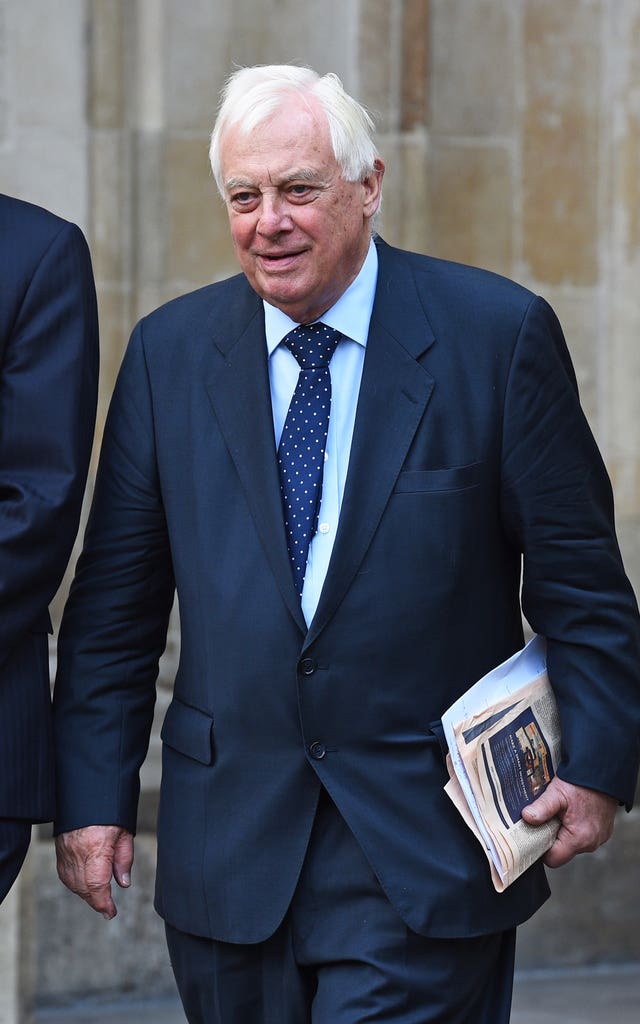
The “golden era” of UK-China relations under then-prime minister David Cameron was “absolutely pathetic”, the last British governor of Hong Kong has said.
When he was in Downing Street, Lord Cameron, now the Foreign Secretary, sought closer economic ties with Beijing and hosted a state visit for President Xi Jinping in 2015.
Relations between the West and China have deteriorated dramatically in the years since he left office in 2016.
Lord Chris Patten agreed with the need to have a relationship with China but said “the idea that you can only do this on your knees I find demeaning and ludicrous”.
The Tory peer told BBC Radio 4’s Shadow War: China And The West: “David Cameron introducing Xi Jinping to his pub near Chequers with a warm pint of beer – for what?
“At the same time as they were having a beer together, arrangements were being made with the police to make it difficult for people to protest in the streets of London, in order it might embarrass the Chinese leader. I mean, it was awful stuff.”
Lord Patten was the 28th and last governor of Hong Kong, holding the position from 1992 until the handover in 1997.

Since then, the Chinese Communist Party has introduced a series of crackdowns on protests and freedom of speech in Hong Kong.
Lord Patten continued: “At the same time as the golden period, China was starting to turn the screw in Hong Kong.
“And of course, I’m in favour of us trying to do business with China. I recognise that we need to have a relationship with China. We have to talk to them about big geopolitical issues. We want to do business with them.
“But the idea that you can only do this on your knees I find demeaning and ludicrous.”
George Osborne, who was chancellor in the Cameron administration, hit back at accusations the policy was naive as “very shallow thinking”.
“I don’t really accept at all this paradigm that you choose between economic partnership with China or sort of a security confrontation with China,” he told the same programme.
“You’ve had a succession of prime ministers since David Cameron who’ve come into office saying, ‘well, we’re not going to follow that kind of Cameron-Osborne being nice to China or engaging with China’.
“And then the realities of being the British prime minister has pushed them towards engagement.”
Lord Cameron in November acknowledged that the Asian power had become “much more aggressive, much more assertive” since he left No 10, while defending the foreign policy of his period in office.
He insisted that engaging with China – a “fifth of humanity” – today was necessary to solve challenges such as climate change.


Comments: Our rules
We want our comments to be a lively and valuable part of our community - a place where readers can debate and engage with the most important local issues. The ability to comment on our stories is a privilege, not a right, however, and that privilege may be withdrawn if it is abused or misused.
Please report any comments that break our rules.
Read the rules hereLast Updated:
Report this comment Cancel